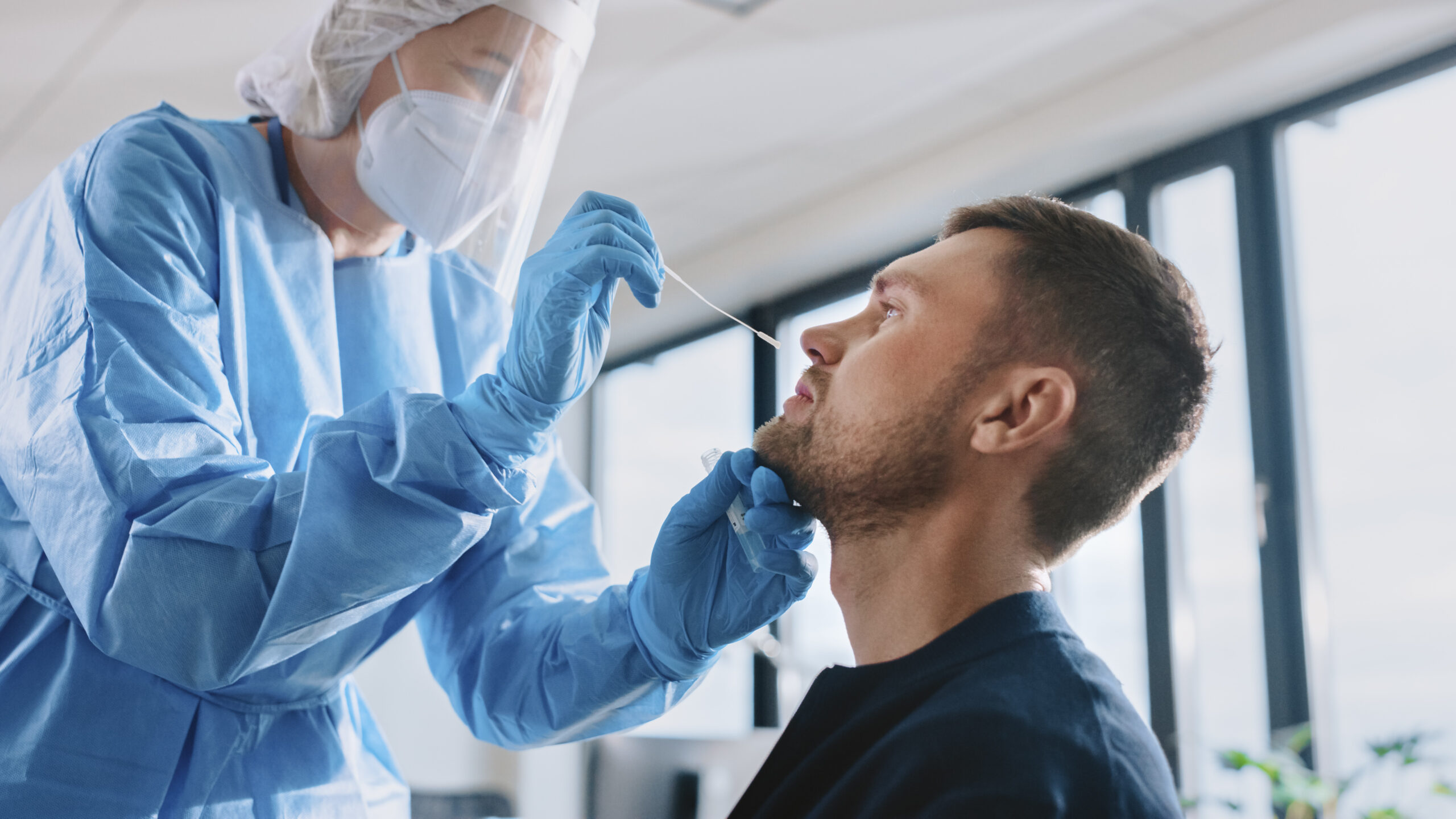COVID-19 is no longer a new illness, but it continues to wreak havoc across Australia and the world. A countless number of people have already contracted the highly contagious virus, and many more will do so before the pandemic is at an end. Fortunately, new vaccines are creating hope, but since the virus is so detrimental to someone’s immediate and long-term health, precautions will have to continue to minimise the spread as much as possible.
This begins with early detection.
As soon as someone develops symptoms (coughing, sneezing, aches, and other flu like symptoms), they are encouraged to go to a testing facility. This is to alert them as soon as possible if they have COIVD-19 and should immediately isolate themselves. It also allows contact-tracers to work on finding the people who may have been in recent proximity, and request they also isolate, for fear of further spread. These tests have been crucial in keeping case numbers relatively contained, and can take two forms:
- The first is detecting the virus within your body via your nose, throat and secretions (snot and saliva).
- The second is by observing whether antibodies against the virus have developed within your blood, indicating it’s presence.
Nucleic Acid Tests
The actual term for the COVID-19 virus is SARS-CoV-2 virus, and tests will primarily be directed towards detecting its genetic material, also known as nucleic acids. Nucleic acid tests are effective in detection of the virus during the early stages of infection, even before those who are infected start to display symptoms.
Multiple nucleic acid tests exist to detect the SARS-CoV-2 virus, such as polymerase chain reaction (PCR) tests, which are considered the preferred method in diagnosing COVID-19, as well as isothermal nucleic acid amplification tests (e.g., loop-mediated isothermal amplification (LAMP) tests). Unfortunately, nucleic acid tests can prove complicated, as they require trained scientists to complete the tests within a laboratory for accurate results to be generated, but machines do exist where multiple tests can be run simultaneously.
Rapid Antigen tests
Recent advancements in COVID-19 testing and diagnosis have resulted in rapid antigen tests. They work by identifying particular proteins present within the SARS-CoV-2 virus once it has infected someone. They can be operated outside of laboratories by trained healthcare workers (or, at the very least, under their supervision) and have been proven to return results within 15 to 30 minutes.
While it might not always be possible, rapid antigen tests work best during the early stages of infection, typically the first 5 to 7 days of when symptoms first develop. For further clarification, positive results require a nucleic acid test.
Tests to Detect Antibodies
The body will develop antibodies within the blood in attempts to fight off the COVID-19 infection. Tests can therefore be done to ascertain whether someone’s blood contains these specific antibodies attaching to the virus. Antibodies take time to develop, which means if they are found, someone may have passed the infection on to others. While typically conducted within a laboratory, tests to detect antibodies within the blood can also be done in a similar point of care test like rapid antigen tests.
Rapid Antigen Tests Available from Team Medical Supplies
Team Medical Suppliesis an approved supplier of rapid antigen testing kits. If you would like to learn more about the products or how they can best be utilised, please do not hesitate to contact a member of our friendly staff. Call us today on 1300 22 44 50, complete our online enquiry formand we will get back to you as soon as possible.

